Meet the new faculty in the College of Pharmacy and Health Sciences
Give a warm welcome to the new faculty members in the College of Pharmacy and Health Sciences!
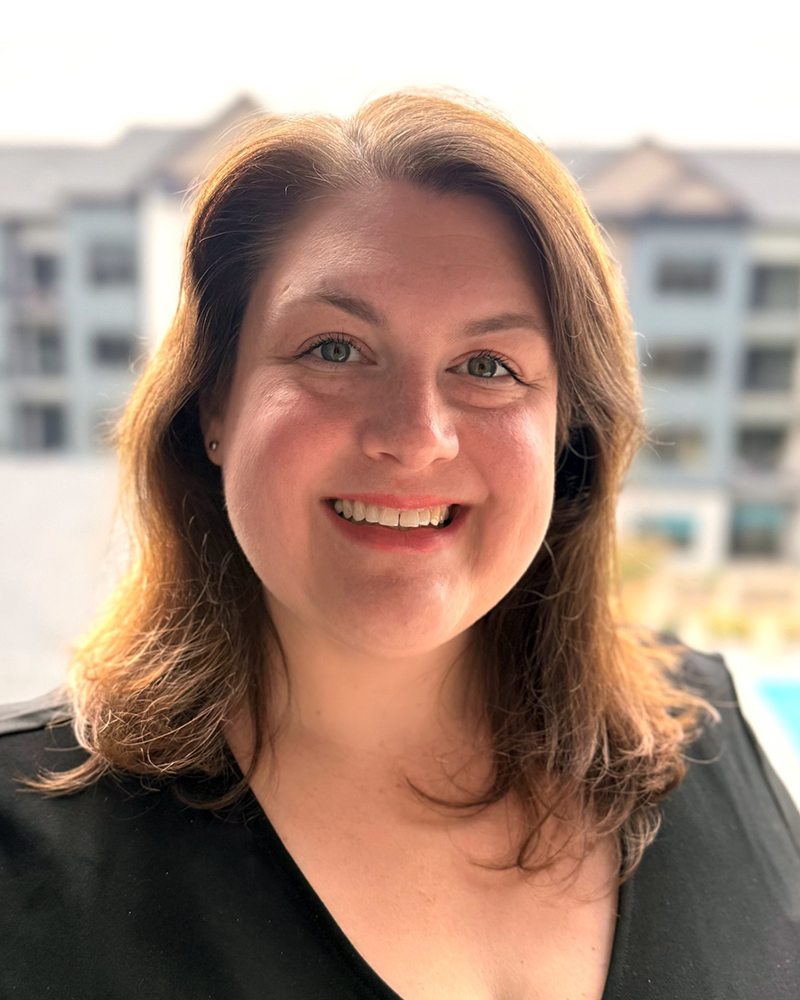
FDU: What’s the most interesting thing that you’ve learned recently?
Amanda Amo: I’ve been learning more about how advanced knowledge in health and wellness — from medical technology to nutrition and movement science — is helping people live longer lives. I see occupational therapy as having an opportune role in ensuring that this longevity not only comes with continued engagement in meaningful occupations but also supports aging with quality and dignity. Additionally, since access to these advancements is not always equally shared, it is important that health professionals work together to build systems of care that prioritize health equity for all.
FDU: Who was your favorite teacher when you were a student?
AA: My favorite teacher was my pediatrics professor. She had an impactful way of blending expertise in child development with her real-world clinical experience. She also built genuine, collaborative relationships with students and colleagues, which inspired my practice as an occupational therapist and which I also hope to bring to my work at FDU.
FDU: What brought you to FDU?
AA: I had the opportunity to teach as an adjunct with the occupational therapy program over the summer and really enjoyed my time with the students and supportive faculty and staff. When a full-time position in the program opened, I was excited to make the transition from clinical practice and join a place that has such a warm and welcoming community. I’m looking forward to becoming a part of this community and having the opportunity to support our students and future occupational therapy professionals.
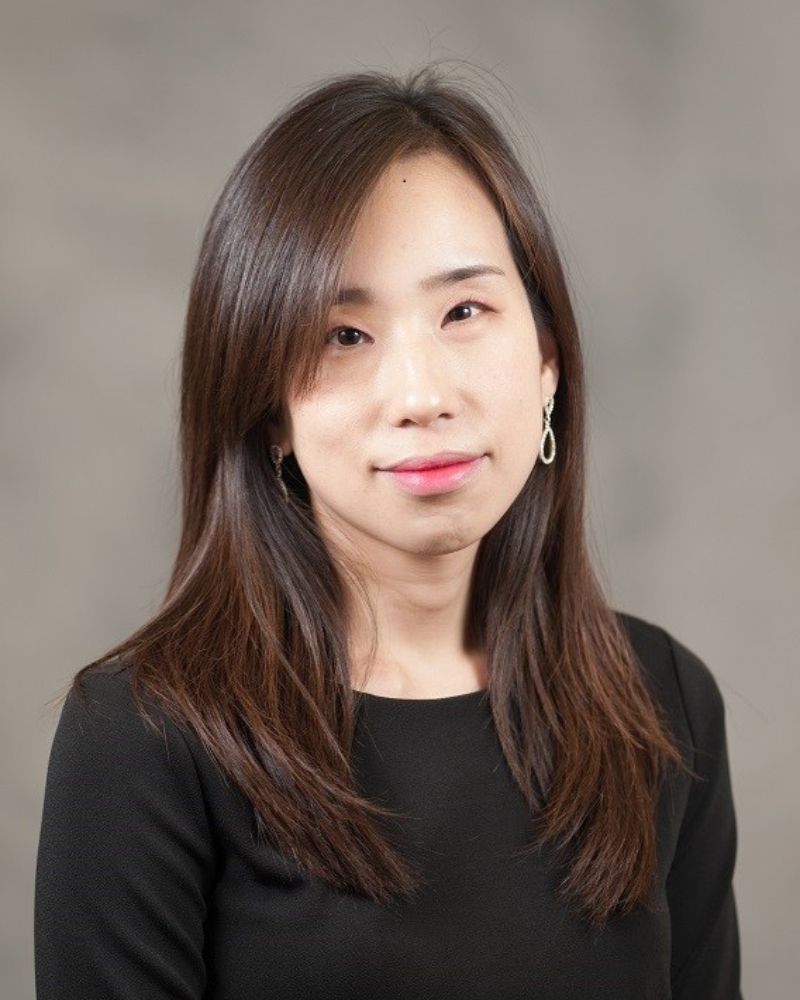
FDU: What’s your favorite way to decompress after a long day of work?
Hyunah Cho: After a long day of work, I carve out time for art (e.g., acrylic painting, rock painting) or to play with my two little children, a 2-year-old daughter and a 5-year-old dog.
FDU: What is your favorite childhood memory?
HC: My favorite childhood memory is making fresh dessert rice cake during Korean Thanksgiving and visiting relatives in the countryside, where I helped pick chestnuts.
FDU: What brought you to FDU?
HC: I re-joined FDU as a returning faculty member to expand my interdisciplinary and entrepreneurial work in pharmacy, health sciences, and adjacent areas such as cosmetics.
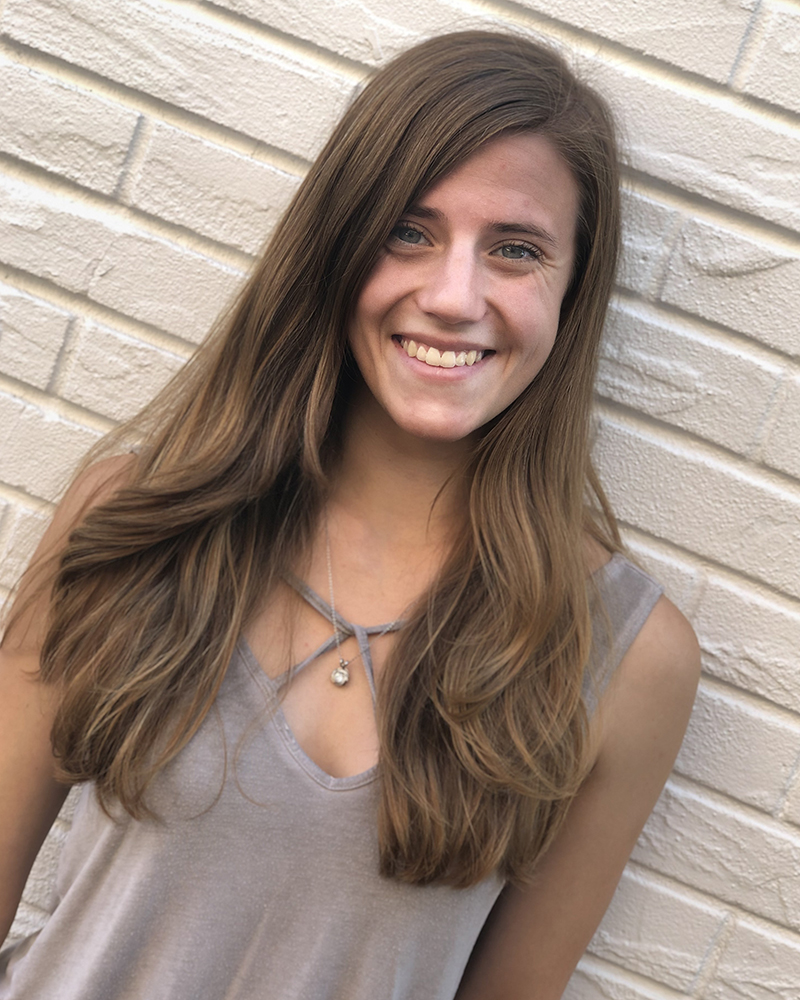
FDU: What do you see as the most pressing issue facing our world today?
Emma Kaplan: I see divisiveness as the most pressing issue facing our world today. Society as a whole is facing large-scale, existential concerns that require collaboration to address. By further retreating into silos and echo chambers, we run the risk of allowing preventable concerns to fester into problems of unimaginable size. I believe we need to hold each other accountable for the ways in which we have caused or are continuing to cause harm to each other and our planet, yet still be able to allow empathy and a willingness to learn to allow us to find common ground and develop solutions to these issues.
FDU: What do you like to do in your free time — like hobbies or other activities?
EK: In my free time, I love to spend time in nature. Whether it’s going for walks on a new trail, kayaking, or simply taking in the views, I am happiest when I am outside. I’m an avid reader as well and am currently enjoying sci-fi novels. I also frequently practice yoga and meditation to bring movement and balance into my life.
FDU: What brought you to FDU?
EK: FDU’s commitment to innovation excites me. The higher education and healthcare landscapes are changing rapidly and a willingness to adapt and create unique solutions is necessary for developing professionals who can respond to these changes.
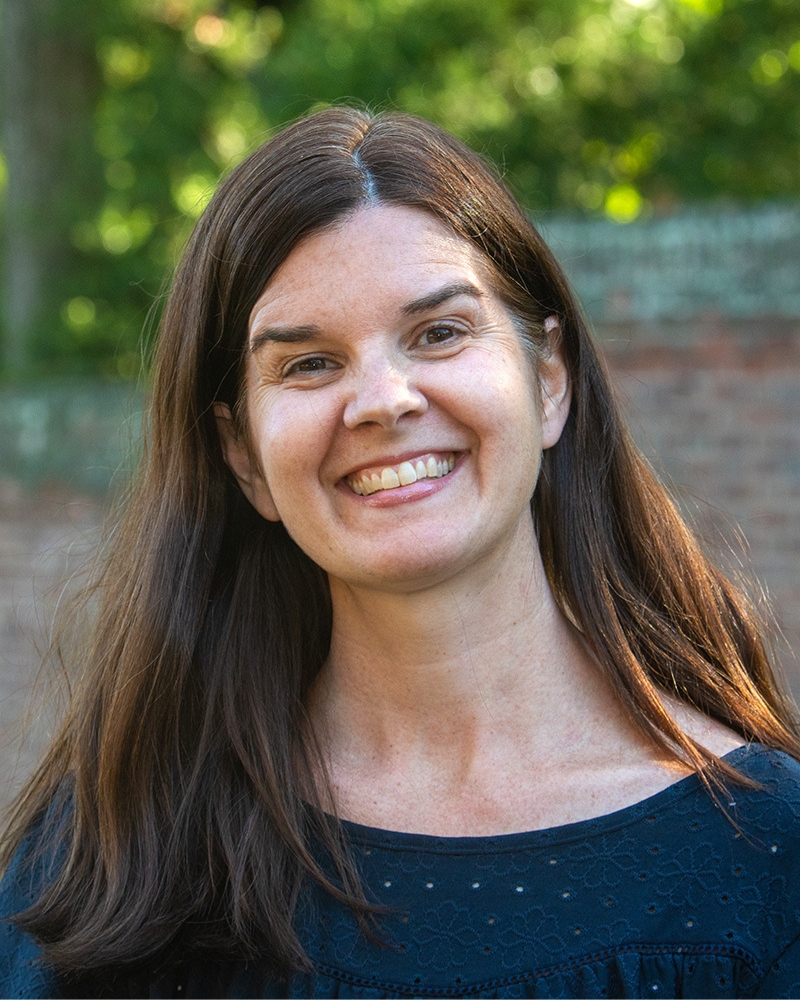
FDU: What’s the best advice anyone has ever given you?
Janis Leinfuss: The best advice that I have ever been given is “Never strive to be the smartest person in the room but rather surround yourself with people where you learn every day.” This really embodies my belief in lifelong learning — as I surround myself with people who challenge and inspire me, including both my colleagues and my students to always embrace each opportunity presented to me to grow personally and professionally. This advice keeps me grounded and reminds me that education is a shared journey!
FDU: What song or album could you listen to on repeat?
JL: “Here Comes the Sun” by The Beatles. This song is both uplifting and grounding for me. No matter how stressful life may get, this song is a gentle reminder for me that each storm will pass, and the sun will keep shining.
FDU: What brought you to FDU?
JL: I was drawn to Fairleigh Dickinson University’s commitment to academic excellence with student-centered learning at the forefront. This really speaks to my own values as an educator. I also was drawn to the sense of community that I felt in every interaction I had with my now colleagues. I had a strong sense that this was a supportive, collaborative and genuine community where I would grow both professionally and personally. Additionally, my mother worked at Fairleigh Dickinson University throughout my childhood, so I witnessed firsthand the joy she found from her time at FDU.
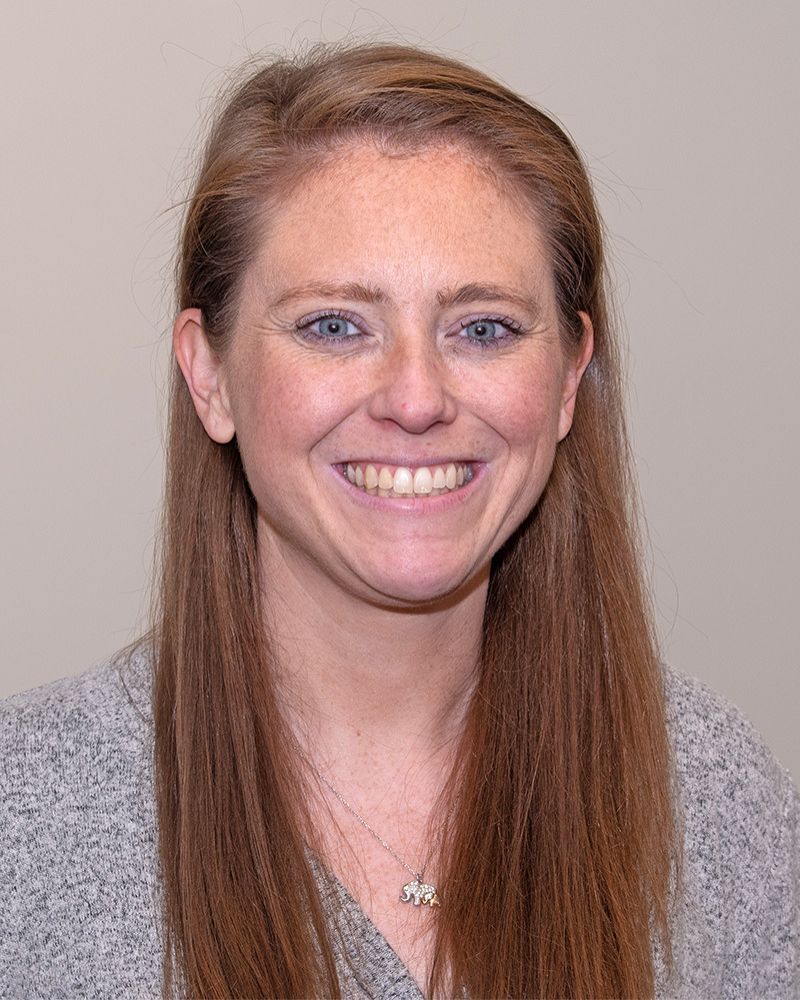
FDU: What do you want students to take away from your classes?
AnnMarie Murphy: I teach neuroscience, pediatrics, mental health and a course on interprofessional collaboration. I want students to leave my classes not only feeling that they’ve gained knowledge in these areas for treatment, but to also understand the material so well that they can then empower their clients . It is my utmost hope that my students will leave my classroom understanding themselves better (how they learn, how they take in the world, what they find joy in) so that they know what fuels them and what drains them — to help keep them engaged, find joy and decrease the risk of burnout.
FDU: If you could travel anywhere in the world, where would you go and why?
AM: I would love to go to Ireland with my grandmother to see where my family is from. To see my roots, but to do it alongside her, would be a dream.
FDU: What brought you to FDU?
AM: FDU has this special ability of somehow making you feel included and supported in the larger community, while also celebrating you for your uniqueness and individual ideas. It bleeds throughout this campus — and I am so grateful to be part of it.
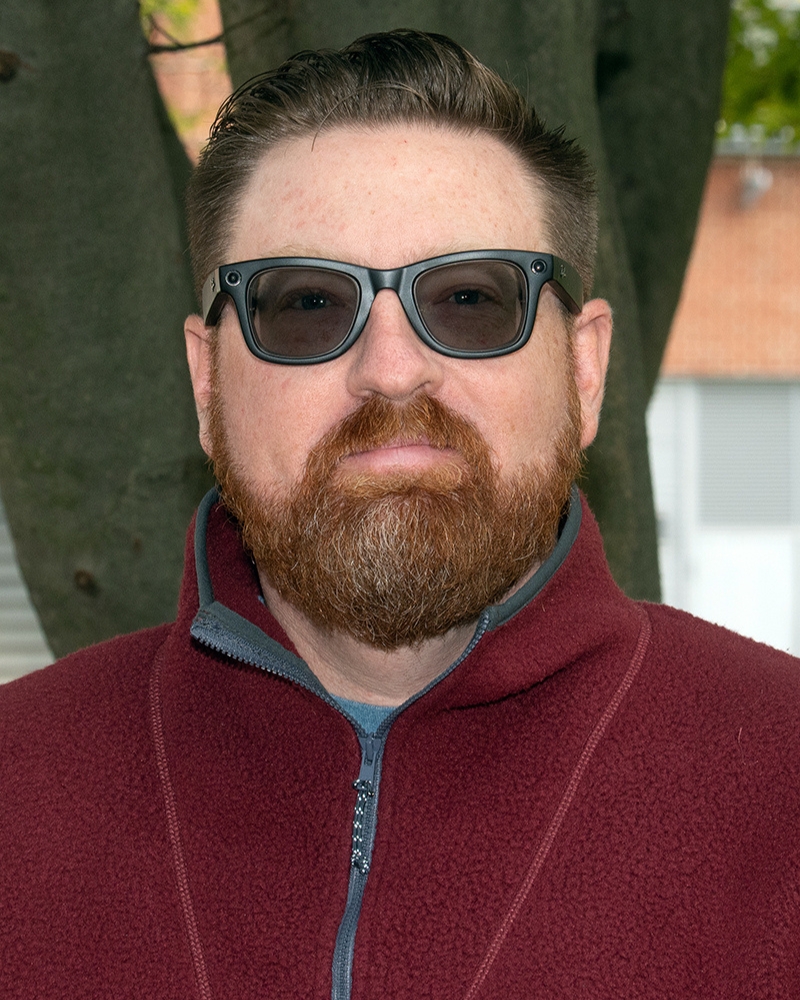
FDU: What excites you the most about social work?
Bernard Showers: Like many social workers, the work has been a calling for me from a young age. I obtained my BSW, MSW, and DSW, for the full social work trifecta. Many social workers will tell you that social work is less something you do, and more someone you are and that is certainly true in my case. I am passionate about work in the substance use field and have a passion to increase basic substance use competency and assessment skills for social work students, many of whom will be required to demonstrate these skills wherever their career in social work takes them.
FDU: What do you consider to be the highlight of your last year?
BS: The professional highlight of my past year was being offered a full-time lecturer position with FDU’s MSW Program. Having worked as an adjunct professor with several schools, it became increasingly clear that becoming a full-time professor in social work was where my career was headed. The personal highlight of my past year, though I played no part in the outcome, was watching my beloved Philadelphia Eagles win Super Bowl 57 in February 2025. Go Birds!
FDU: What brought you to FDU?
BS: Prior to my life as a social worker, I was a collegiate soccer player. Fairleigh Dickinson was my largest rival in the Northeast Conference while playing at Saint Francis University. My last collegiate game was on the Metropolican Campus 21 years ago. I had no idea it would be the same place where my career as a full-time professor would begin.
I did an exhaustive review of FDU’s MSW program prior to applying and was impressed with the curriculum and the staff’s obvious commitment to the students. I couldn’t have imagined how truly great the team and program are and how fortunate I am to be a part of it. I am honored to be a part of the FDU community and look forward to contributing to it.
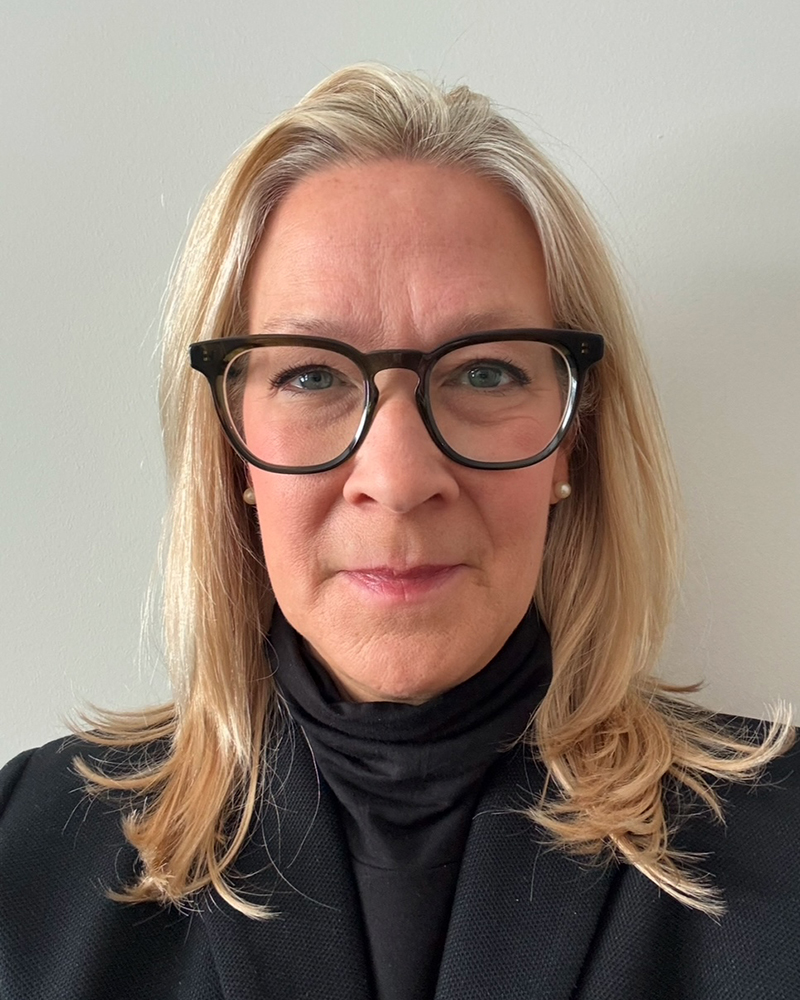
FDU: How do you define success?
Theresa Westgard: As an educator and researcher, I define success not by accolades or titles, but by the tangible impact my work has on others. True success is seeing that my efforts have contributed to transforming how people clinically reason, apply evidence, and ultimately elevate our professions. It is most meaningful when I see other researchers have referenced my work in their studies, or witness students, practitioners, or colleagues using this knowledge to make informed decisions that improve the quality of life, well-being, and capability of the individuals and communities they serve. Knowing that my work helps shape more thoughtful, evidence-informed professionals who are committed to supporting others to live better lives — that is the greatest measure of success.
FDU: Who was your favorite teacher when you were a student?
TW: One of my earliest and most profound teachers was my grandmother. In the 1950s — a time when inclusion and advocacy for people with intellectual disabilities were far from common — she founded an organization to support this community, inspired by her daughter, my aunt, with whom I grew up. Watching my grandmother navigate social stigma and institutional barriers (in the 1970s-1990s) to do what was right for vulnerable and marginalized individuals taught me powerful lessons about justice, compassion, and leadership. These values continued to grow throughout my time as a student in high school and university. I was also especially influenced by my soccer coach, who encouraged us to carry charity and fairness with us both on and off the field — something we would proudly cheer before every game — “be charitable.” These early life lessons became the foundation of my personal and professional identity, and continue to shape how I teach, research, and advocate for others today.
FDU: What brought you to FDU?
TW: After living abroad in China and Sweden for the past 15 years, I’ve come to really value global perspectives, inclusivity, and the importance of connecting learning to real-world experiences. When my husband was relocated to New Jersey, I started looking for a faculty position where my background and values would be a good fit. That’s when I came across Fairleigh Dickinson University, and its mission immediately stood out to me. The focus on diversity, critical thinking, global awareness, and hands-on learning feels very aligned with the kind of educator I strive to be. I also saw a real opportunity — since the Occupational Therapy Doctoral program is still new, I feel I can contribute in a meaningful way by bringing my own perspective and experience to help shape the program. In particular, I’m excited about the chance to build upon the topics of geriatrics, frailty, and aging in place, which has been the core of my research over the past 10 years. FDU feels like a place where I can both contribute meaningfully and continue to grow.